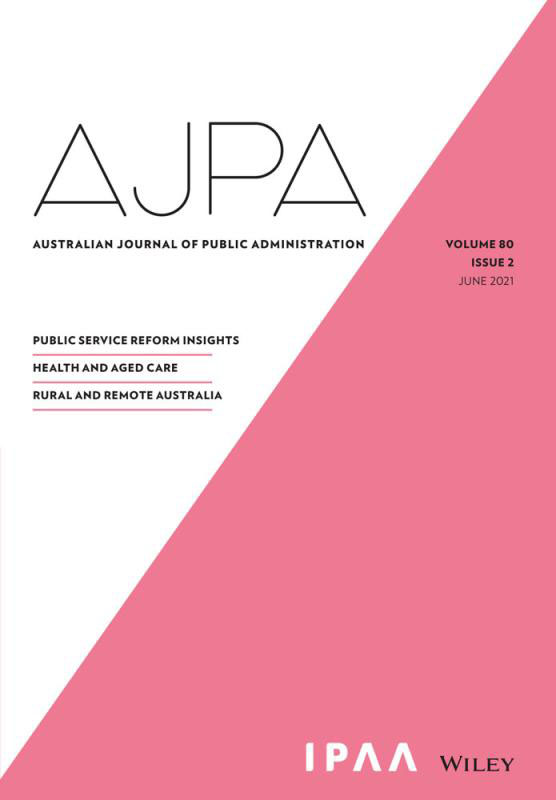 ‘Robodebt’ is the label applied to an Australian government initiative designed to increase recoveries of ‘overpayments’ made to social security recipients. Following complaints from many of those affected, there have been multiple investigations and inquiries, and a Federal Court Case which ruled the policy unlawful. The government is in the process of paying back more than $1000 million to more than 400,000 people after conceding the largest class action settlement in Australian history, and faces calls for a Royal Commission. Robodebt resembles a ‘policy fiasco’, as the outcomes could have been foreseen at the inception of the initiative.
‘Robodebt’ is the label applied to an Australian government initiative designed to increase recoveries of ‘overpayments’ made to social security recipients. Following complaints from many of those affected, there have been multiple investigations and inquiries, and a Federal Court Case which ruled the policy unlawful. The government is in the process of paying back more than $1000 million to more than 400,000 people after conceding the largest class action settlement in Australian history, and faces calls for a Royal Commission. Robodebt resembles a ‘policy fiasco’, as the outcomes could have been foreseen at the inception of the initiative.
But 'Robodebt' differs from other examples of policy failures in that it was intentional, and not the result of mistakes in design or implementation. The initiative not only failed to achieve the Budgetary savings anticipated, it has undermined rather than protected the integrity of the social security system. It poses serious questions about the quality of Australian public administration. The objective of this article is to clarify exactly how this fiasco occurred and identify the similarities and differences between this case study and other policy failures.
Peter Whiteford argues that the 'Robodebt' fiasco involves policy failures across numerous dimensions.
- The most obvious – and in many ways the least important failure – is that it failed to achieve the budgetary savings that were its main objective.
- The unlawfulness of the policy meant there were related policy failures of an extensive and serious nature.
- There are serious ethical concerns. Robodebt breached principles of ethical administration regarding avoidance of oppression of vulnerable and uninformed citizens, and is a clear breach of the Commonwealth's ‘model litigant’ policy. Reversing the onus of proof raises the most serious ethical issues, given the disparity between the power of the government and the power of individuals.
- Hundreds of thousands of members of the public were adversely affected. This human cost is very difficult to assess and involves much more than financial losses.
Australian Journal of Public Administration
